Do you have a crush on media figures? Do you think of them most of the day? Feel close to them even when you are not watching them on screen? Want to be a part of their life? If yes, it’s a sign of parasocial relationships.
A parasocial relationship is an ongoing one-sided love or bonding or an enduring relationship with a media figure. It is the same as real-life social relationships. This sort of relationship is most common with celebrities, sports teams or similar organizations, or famous television stars.
However, if you are imagining a situation or feel like you are interacting with a TV personality or any other popular media figure during a discrete viewing or listening scenario, it is called parasocial interaction.
Origin of parasocial relationships
Donald Horton and Richard Wohl first introduced and described the terms parasocial relationships and parasocial interaction in their article “Mass Communication and Para-Social Interaction: Observations on Intimacy at a distance,” published in 1956. In this article, the terms parasocial relationships and parasocial interactions are used interchangeably. But, the article mainly focused on the illusion or imaginary conversations between media consumers and media personalities while watching a TV show or listening to a radio broadcast. Now that gave rise to conceptual confusions.
Even a lot of research on parasocial relationships in the 1970s and 1980s used the Parasocial Interaction Scale and combined questions about parasocial interactions and parasocial relationships. Currently, scholars agree that the two concepts are related but different.
Read 8 Signs That Say You’re In A One-Sided Relationship
Difference between parasocial relationships and parasocial interactions
When a person or media user feels like they are interacting with a celebrity, fictional character, radio jockey, or any media figure during a discrete viewing/listening scenario., then they are experiencing a parasocial interaction.
For example, if you feel like hanging out in Brooklyn while watching the American comedy film Do The Right Thing, you are engaging in a parasocial interaction.
On the other hand, when a media consumer imagines a long-term relationship or a love bond with a movie or a sports star, or any media figure that extends outside the viewing or listening situation, it is considered a parasocial relationship.
In parasocial relationships, people extend emotional energy, time, and interest even though the other party (media figure) is completely unaware of the existence of the media consumer. Such one-sided bonding can be positive or negative.
For example, you admire the host of the TV show American Idol and keep thinking about the host even when not watching him on-screen or talk about the host as if he is part of your friend circle. Then you are having a parasocial relationship with the host.
A few decades ago, parasocial relationships were viewed as a symptom of loneliness, isolation, and social anxieties. However, one study proved no correlation between being lonely and the intensity of viewers’ parasocial relationship with media figures.
Read 8 Beautiful Life Lessons You Can Learn From One Sided Love
Pros and cons of parasocial relationships
As per scholars, parasocial relationships and interactions create a vicious cycle. They say parasocial interactions can lead to parasocial relationships, and parasocial relationships can strengthen parasocial interactions. This cyclic process is much the same as meeting and spending some time with a stranger in real life, which then turns into a friendship, which over time becomes stronger and deeper.
Unlike parasocial interaction, parasocial relationships can expand the social network (rather than restrict it) in a way that invalidates the chance of rejection from the media figure. Therefore, it motivates the media consumer to identify with any individual who they think naturally elicits a caring response or empathetic feelings.
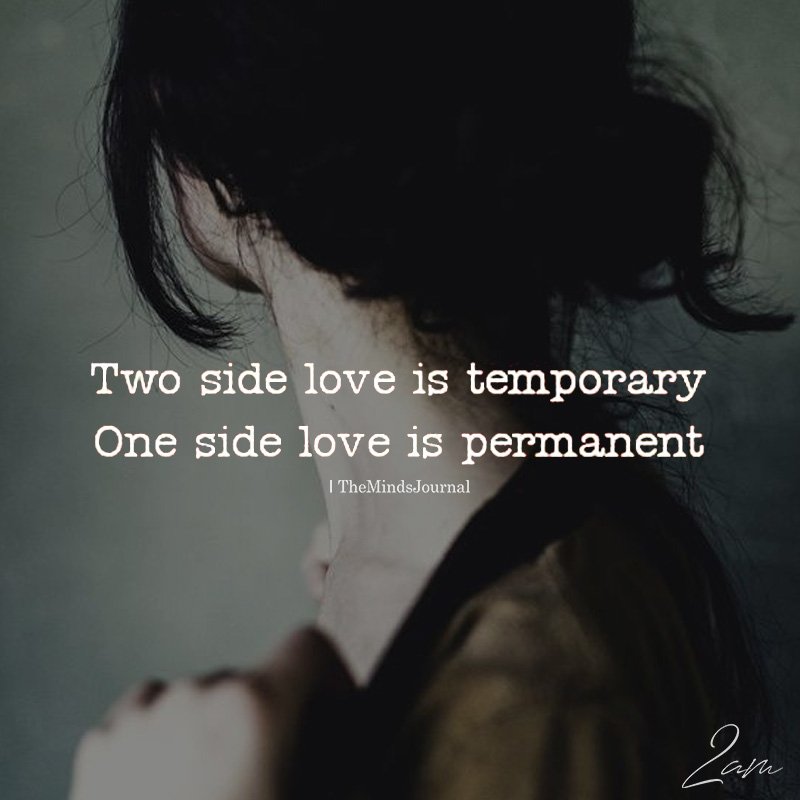
People who are going through a lot of relationship conflicts or experiencing poor social connections or afraid of committed relationships in the real-life may find some relief from parasocial relationships. Such one-sided relationships also encourage people with low self-esteem, helping them feel closer to their ideal selves and be more comfortable in their own skin. Parasocial relationships eliminate the awkward tension, anxiety, or discomfort that can accompany certain social situations.
These relationships born from media create so much connection and friendship with the media figure that you start to think that you really know them. Also, you gain a feeling of being understood and valued by them. Parasocial relationships resemble face-to-face relationships and offer genuine psychological effects.
A lot of people who are physically or mentally ill, find hope and strength watching their favorite onscreen characters even if it’s for few minutes a day. Parasocial bonds help viewers get through tough times, adding substantial value to their lives in a way.
You can make as many parasocial relationships as you want and can break as you wish without consequence. In addition, you can some of your parasocial relationships with your family members and best buddies without jealousy. Such mutual parasocial relationships can actually deepen the bond in real-life social relationships as well.
That said, there are some negative effects of parasocial relationships.
Although these relationships offer the same benefits as real relationships such as a strong sense of belonging and friendship, they cannot replace real-life interpersonal relationships.
When continued for a very long time, parasocial relationships may hamper some areas of a person’s social life. Too much dependence on one-sided interactions can result in unrealistic expectations. Riva Tukachinsky (an assistant professor of communication studies at Chapman University) says, “a person could be creating and rehearsing unrealistic scripts of how relationships are handled in real life.”
Read The Unwanted and Often Unavoidable Damages Social Media Has In Our Lives
Why do people engage in parasocial relationships?
Social connection is the basic need of every human being. Media outlets give consumers the feeling of personal interaction with media figures through video and audio media. Thus, our brains respond very much in the same way as in real-life social interactions. The media consumers very well know that this interaction is an illusion or imaginary. In spite of it, their perception will cause them to react as if the interaction is real.
Some studies showed that television viewers formed a parasocial relationship with favorite television performers who were physically attractive and competent in their abilities. And some viewers were likely to develop parasocial relationships with media figures who are socially attractive and who are attractive for their capabilities.
Some studies investigated the cause of psychological commitment to a media figure including fictional television characters, like Homer Simpson, and non-fictional television personas, like Oprah Winfrey. Results revealed that people were more committed to their parasocial relationship when
- They were satisfied watching the figure
- They felt committed to continue watching the figure, and
- They don’t have good alternatives to the media figure.
Read 3 Human Desires To Thrive: How To Make Someone Feel Seen, Loved And Understood
The rise of parasocial bonds in the digital age
This is the digital age with smartphones and social media tools ruling our lives. Before the internet was accessible to people, the parasocial relationship was an unknown term to most people. But, it’s no more unusual for most media consumers today. Even in 2021 parasocial relationships are not the same as sitting and having a face-to-face conversation with a person, where you see the whole context. But, a lot has changed!
Earlier parasocial relationships were restricted to radio and TV personas, but today these relationships occur between individuals and their favorite YouTuber, Instagram influencers, bloggers, and gamers. Besides TV shows, celebrities can reach media consumers through Instagram stories, Facebook live posts, or instant tweets on Twitter.
These social media outlets help celebrities to share their experiences and intimate personal lives and daily life activities. Media users can directly communicate with their favorite celebrities through participation in live videos and likes, shares, and comments on their posts. Some are lucky enough to get replies or retweets. This practice is creating a potential for fans to develop a deeper bond with the media figures.
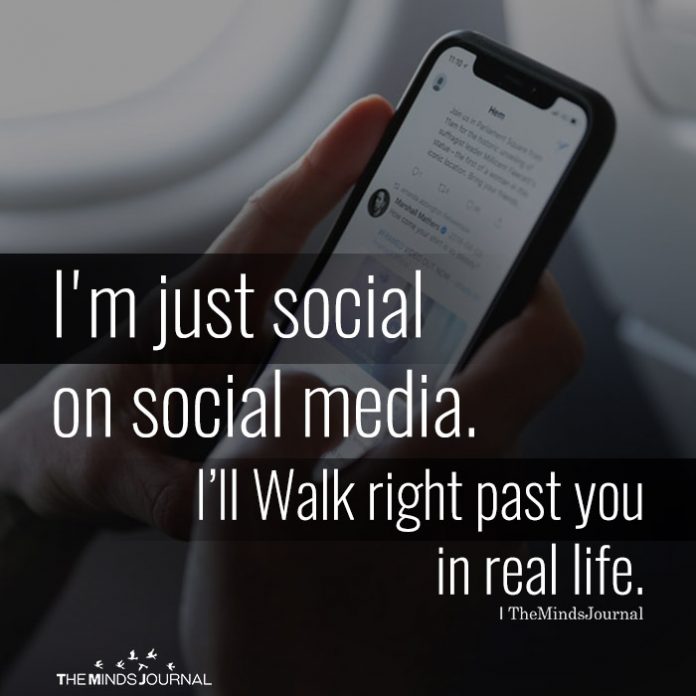
Having access to the internet 24/7 and increasing dependency on social media, have led to increasing in parasocial interactions and relationships.
The nature and intimacy of these relationships have become more mature due to the interactive environment and scope of face-to-face communication with their media personas. Today, an individual can easily develop, maintain, and even strengthen parasocial relationships. Thanks to digital technology!
In this digital age, parasocial relationships have numerous similarities with traditional social relationships. According to studies, parasocial relationships are voluntary and offer companionship. They are influenced by social attraction. Both celebrities and viewers can easily express their feelings of love, gratitude, encouragement, and loyalty towards each other.
Read 8 Signs You Have An Unhealthy Attachment To Social Media
Earlier writing letters or emails to media figures were time taking and the chance of getting a reply was low. Today, Facebook messages or blog comments make disclosure of personal feelings and anecdotes more likely and response is instant.
Relational maintenance is important to maintain and strengthen our relationships with real-life friends and folks. Isn’t it? Similarly, relational maintenance also occurs and it seems equally important in parasocial relationships. Just staying tuned with the latest social media posts or website blogs does it all.
As discussed earlier, parasocial relationships give you the advantage of “no rejection”. Instead, there are high rewards, and most important being the increased sense of “knowing” the personas. Thus, parasocial relationships are popular within these social media platforms.
But, how long will parasocial relationships last? Is there anything called parasocial breakups just like real-life relationship breakups?
Existing research on this subject highlight that media consumers can experience parasocial breakups when a parasocial relationship ends.
How?
- It may happen due to the end of television or movie series
- A character deciding to leave the show or maybe replaced by someone else
- Media figure deciding to practice digital detox and no more accessible through social media
- Media consumers deciding to no longer watch or listen to a show, where a media figure appears.
Just like stress, anxiety and unhappiness are part of real-life relationship breakups, they are also part of parasocial breakups.
For example, people were highly disappointed and sad when the TV sitcom Friends ended its broadcast run. According to a 2006 study, the deeper the media consumer’s parasocial bonds with the media figures, the greater the consumers’ distress when the show ended. The emotions exhibited are the same as the loss of a real-life relationship but were less intense overall.
Here again, you get the similarities between parasocial and interpersonal relationships. But, please don’t forget that parasocial relationships are always one-sided, with no scope for mutual give-and-take.
The rise of parasocial bonds in the digital age is a stepping stone for more interesting research in this field. Scholars are yet to figure out the social, emotional, psychological, and mental impact of parasocial relationships and breakups in the long run.
What is your opinion about parasocial bonds? How many do you have? How do you feel when these bonds break? Would you prefer a parasocial relationship over a real relationship?
Leave a comment below.
Please share this article with anyone who you may think will find it valuable and helpful.
References 1. Dibble, Jayson L., Tilo Hartmann, and Sarah F. Rosaen. “Parasocial interaction and Parasocial Relationship: Conceptual Clarification and a Critical Assessment of Measures.” Human Communication Research, vol. 42, no. 1, 2016, pp. 21-44, ; 2. Eyal, Keren, and Jonathan Cohen. “When Good Friends Say Goodbye: A Parasocial Breakup Study.” Journal of Broadcasting & Electronic Media, vol. 50, no. 3, 2006, pp. 502-523, 3. Horton, Donald, and R. Richard Wohl. “Mass Communication and Parasocial Interaction: Observation of Intimacy at a Distance.” Psychiatry, vol. 19, no. 3, 1956, pp. 215-229, https://doi.org/10.1080/00332747.1956.11023049
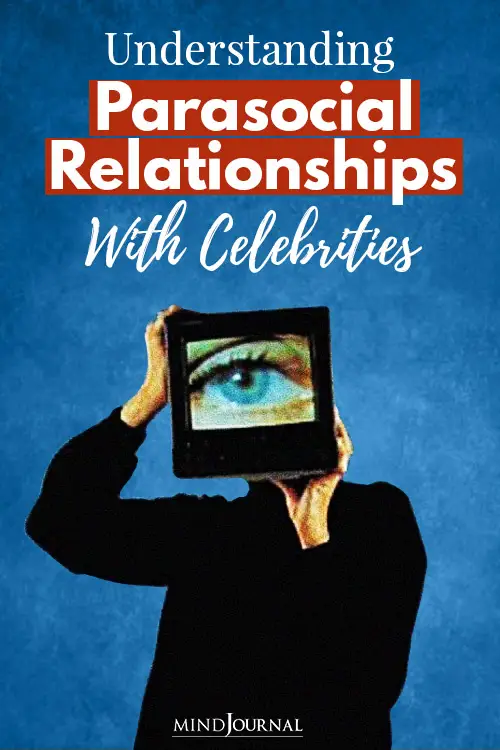
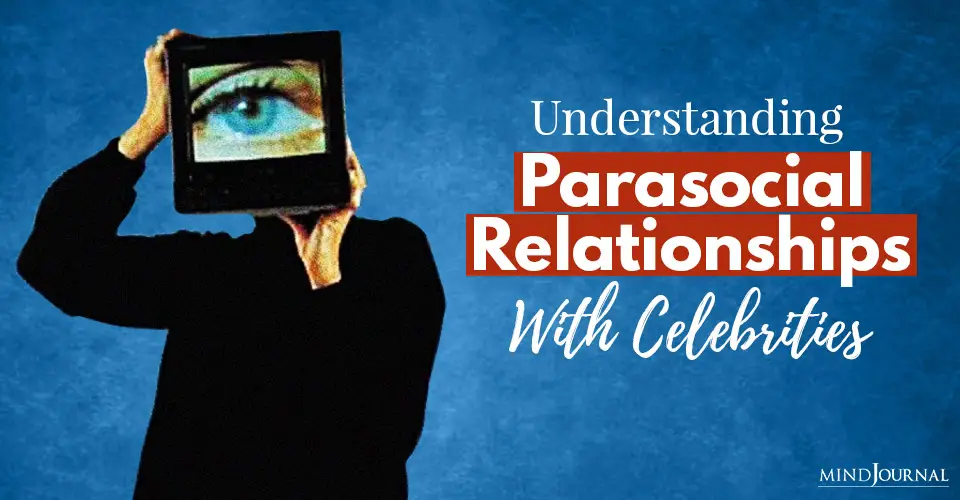






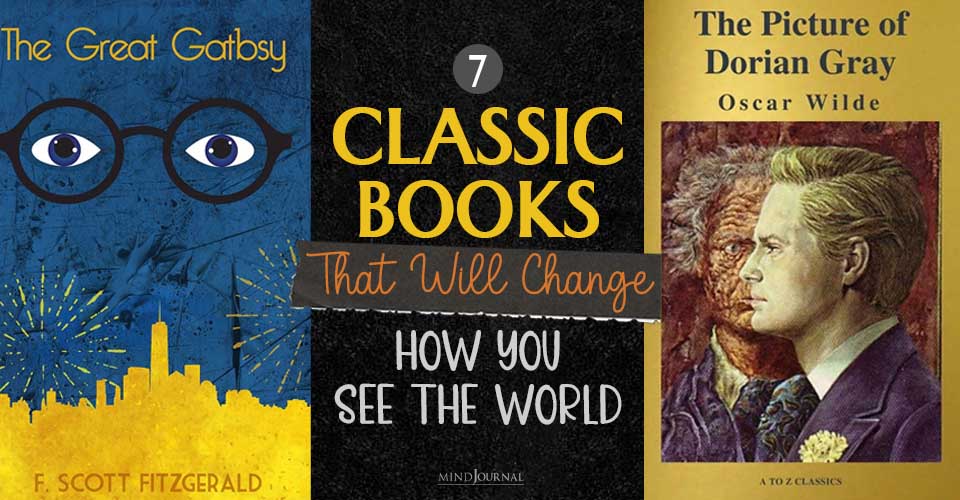
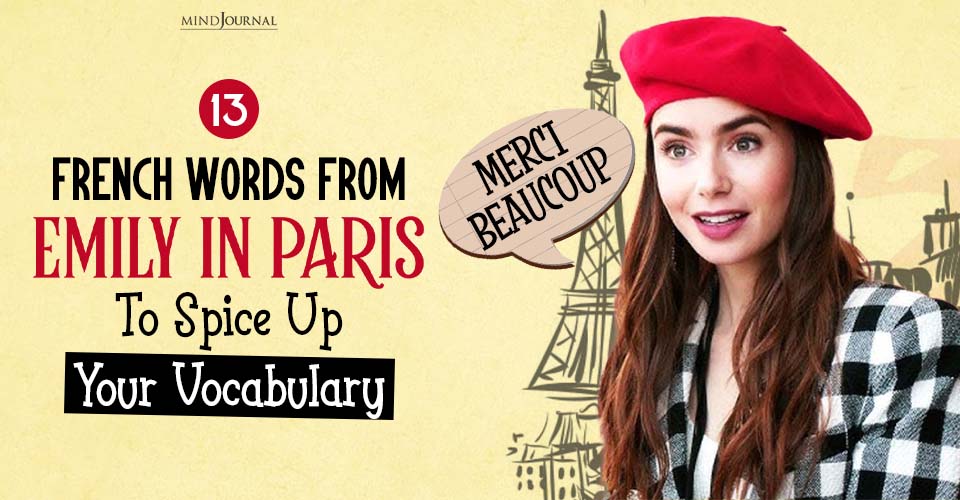
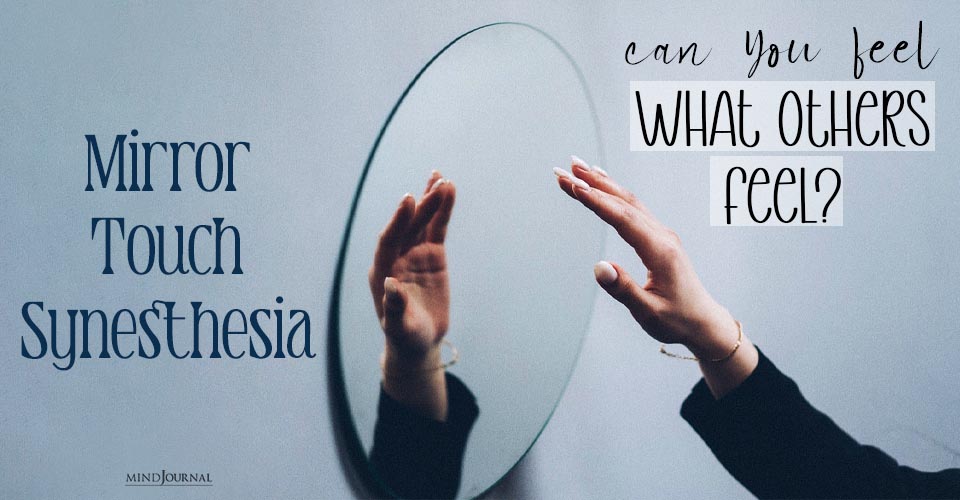
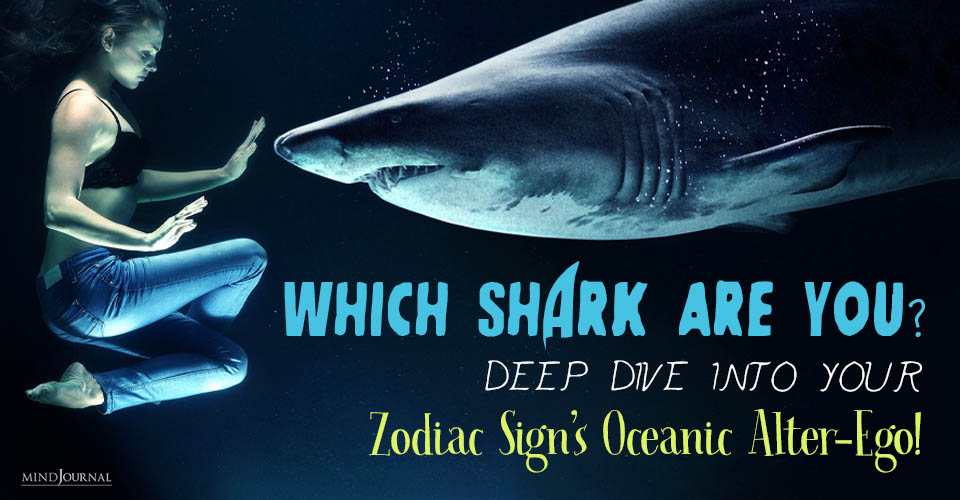
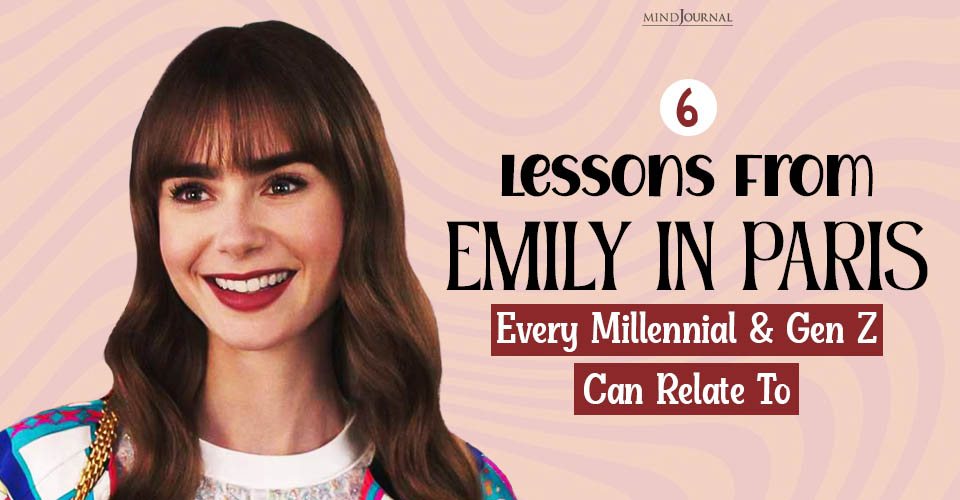
Leave a Reply
You must be logged in to post a comment.